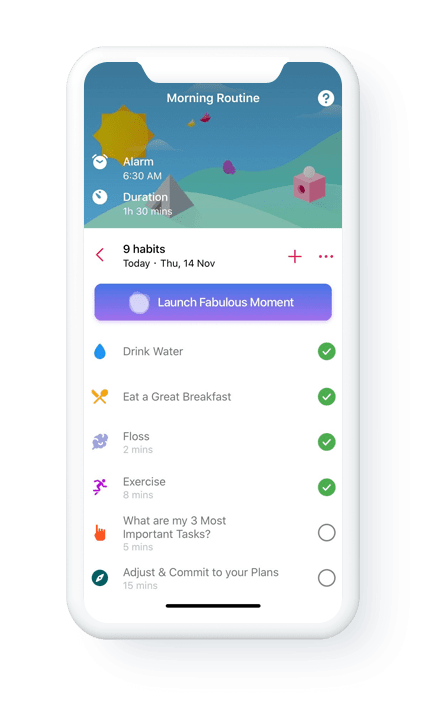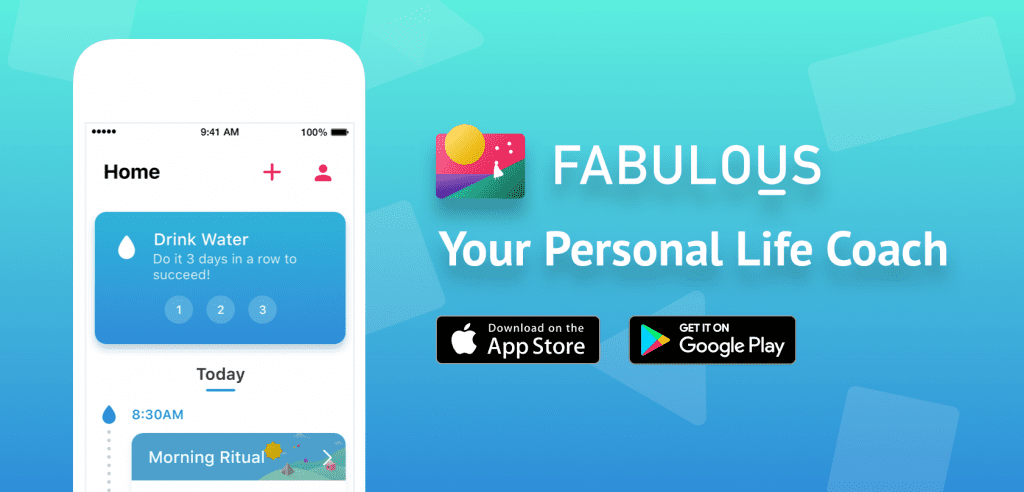Imagine you’re talking to a friend who’s having a problem at work. They’re worried about what to do and turn to you for advice. What do you say? Would you jump right in with possible solutions or lecture them? Most of us would, but Michael Bungay Stanier sums up how he feels about giving advice with a simple haiku:
Tell less and ask more.
Your advice is not as good
As you think it is.
We all want to help the people we care about or who depend on us for leadership and guidance, but how else are we supposed to help solve their problems? In his book The Coaching Habit, Stanier explains that coaching isn’t about solving other people’s problems, but about guiding them toward their own solutions, by asking the following seven questions:
The Kickstart Question: What’s on your mind?
It seems obvious, but the kickstart question helps people focus and get right to the heart of what’s bothering them. No small talk here!
The AWE Questions: And what else?
Sometimes people are hesitant to open up with their real problems, or simply didn’t think of them the first time you asked. Giving people the chance to follow-up with any other thoughts they have helps them stay organized while also building trust between the two of you.
The Focus Question: What’s the real challenge here for you?
Now that we’ve gotten everything out on the table, the Focus Question helps us pinpoint the exact problem someone is having. This question helps everyone focus on solving the actual problem rather than the first or easiest problem.
The Foundation Question: What do you want?
Getting right to the heart of the matter and determining your friend or colleague’s exact needs puts them in a vulnerable position, but it’ll also help you both figure out exactly what needs to be done to solve the problem at hand.
The Lazy Question: How can I help?
It’s okay to be a little lazy when you’re coaching! We can’t solve every problem that we come across in a day, especially at work or school. Instead of trying, ask the Lazy Question to get people to decide what they specifically need from you.
The Strategic Question: If you’re saying yes to this, what are you saying no to?
This is a question for you. It’s natural to want to say “yes” to every request, but it comes at cost. For every “yes” you give, you’re also giving away time and energy you could be using on other things. Is it really worth it?
The Learning Question: What was most useful to you about this conversation?
Finally, giving your colleague a chance to evaluate what helped them will reinforce the things you talked about while finishing the conversation on a strong note.
Stanier emphasizes that approaching problems with these questions is a habit. No one can become an expert coach overnight, but with a little effort every day, anyone can develop a good coaching habit.





